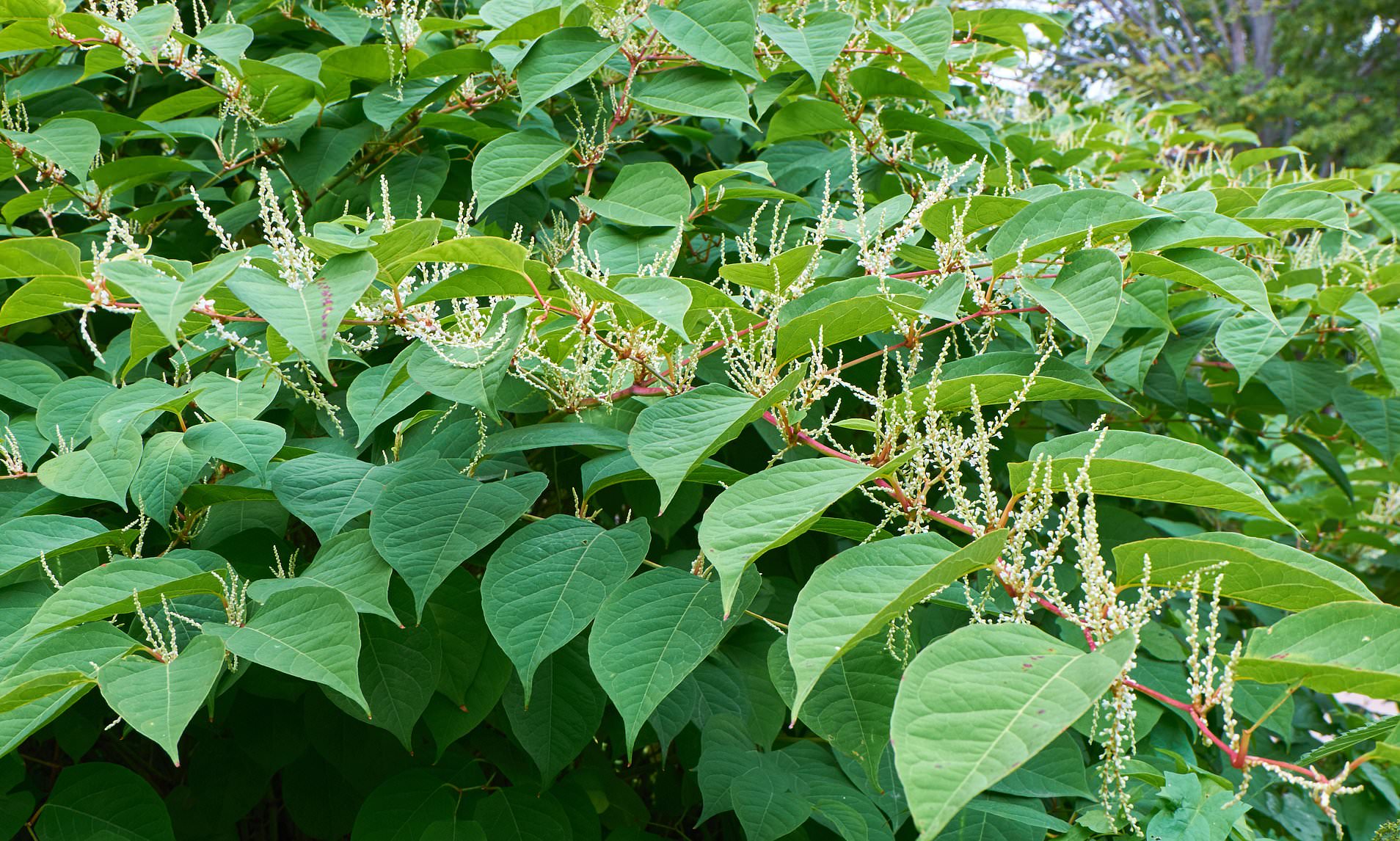
Lyme disease is an infectious disease caused by Borrelia burgdorferi. This disease can infect humans through tick bites that carry the bacteria. In general, the initial symptom of Lyme disease patients is the appearance of a reddish rash shaped like archery targets. If not treated immediately, the bacteria can quickly spread throughout the body, infecting joints, heart, and nervous system.
Lyme disease can be cured if treatment is administered immediately. The common treatment method used is by giving antibiotics. There are three types of antibiotics that are often prescribed to treat Lyme disease; doxycycline, cefuroxime, and amoxicillin. Unfortunately, sometimes the treatment may not be able to kill all the bacteria in the body, and relapse may occur.
Over time, many experts conducted research to find other treatment methods, including using herbal medicine. In a recent study conducted by Johns Hopkins Bloomberg School of Public Health and California Center for Medicine, it was found that there are two plants that may be effective in combating B. burgdorferi bacteria in the body. Even the results obtained are more effective compared to other antibiotic treatments.
In their study, the researchers compared the effectiveness of 14 different plants and antibiotics commonly consumed by people with Lyme disease (doxycycline and cefuroxime). Of the 14 plants, Ghanaian quinine (Cryptolepis sanguinolenta), and Japanese knotweed (Polygonum cuspidatum) are known to have the highest antibacterial activity against B. burgdorferi. Ghanaian quinine is known to contain the active ingredient of cryptolepine alkaloids, which have been used as a traditional medicine to fight malaria, hepatitis, and tuberculosis. While Japanese knotweed is known to contain the antioxidant resveratrol which has anti-cancer properties.
Text by Anggie Triana
Stock photos from Google Search Images
Source(s):
- Feng, J., Leone, J., Schweig, S., and Zhang, Y., (2020). Evaluation of Natural and Botanical Medicine for Activity Against Growing and Non-growing Forms of B.burgorferi. Frontiers In Medicine, DOI: https://doi.org/10.3389/fmed.2020.00006.
- Medical News Today - Lyme disease treatment: 2 herbal compounds may beat antibiotics (2020). https://www.medicalnewstoday.com/articles/lyme-disease-treatment-2-herbal-compounds-may-beat-antibiotics, 24 February 2020.